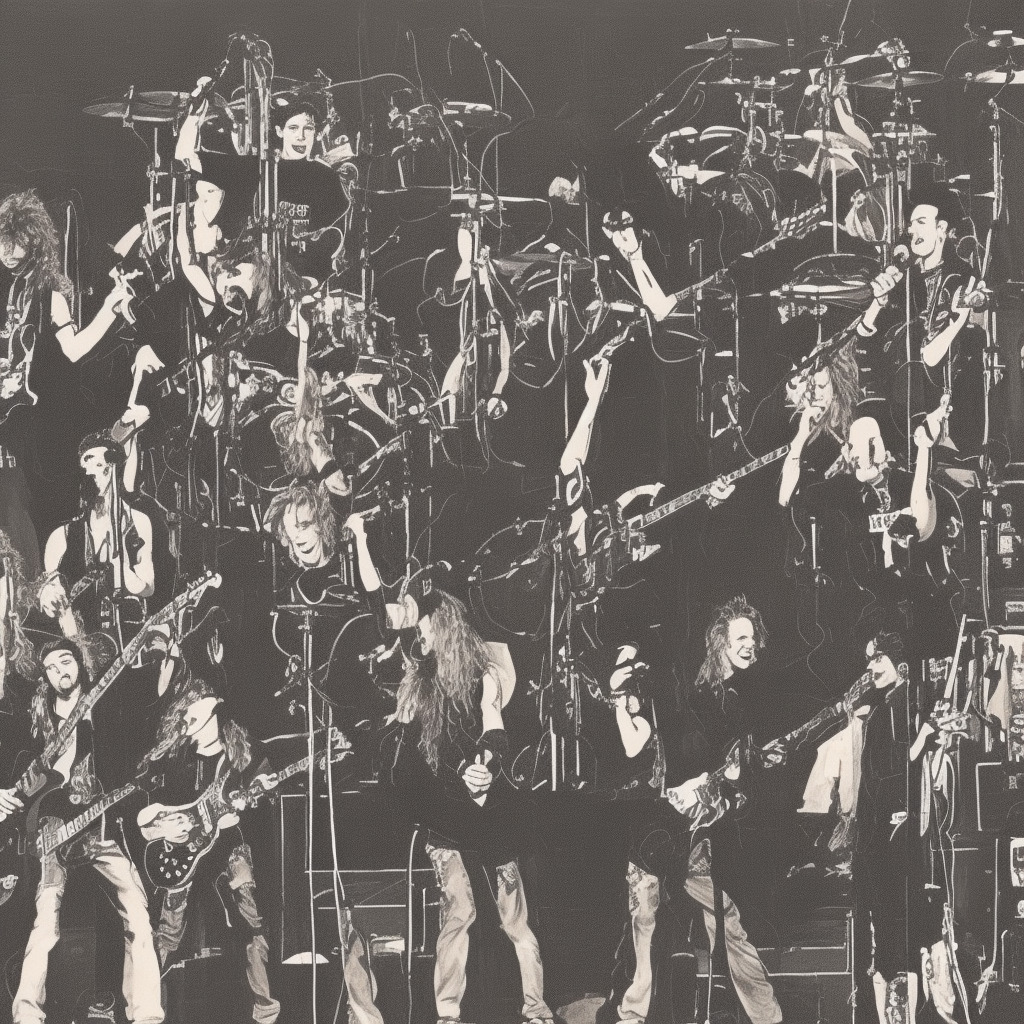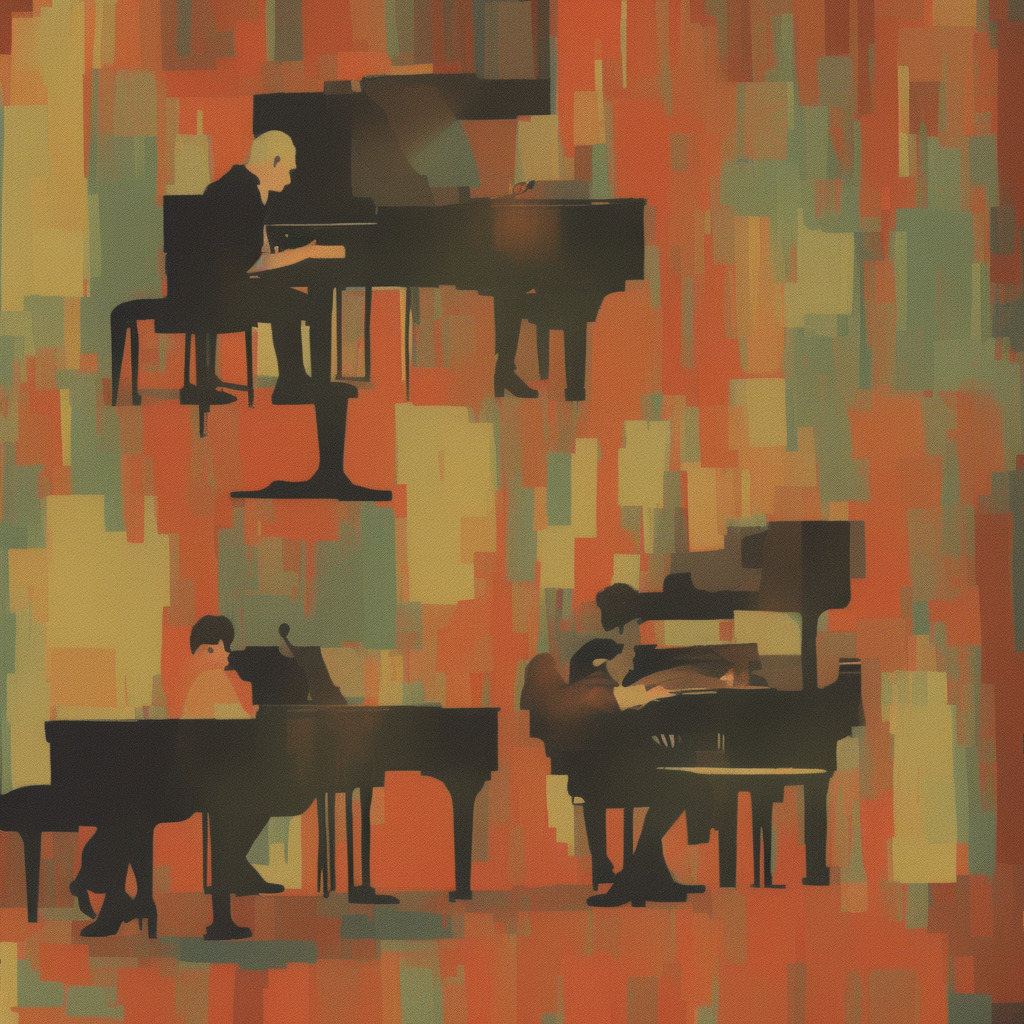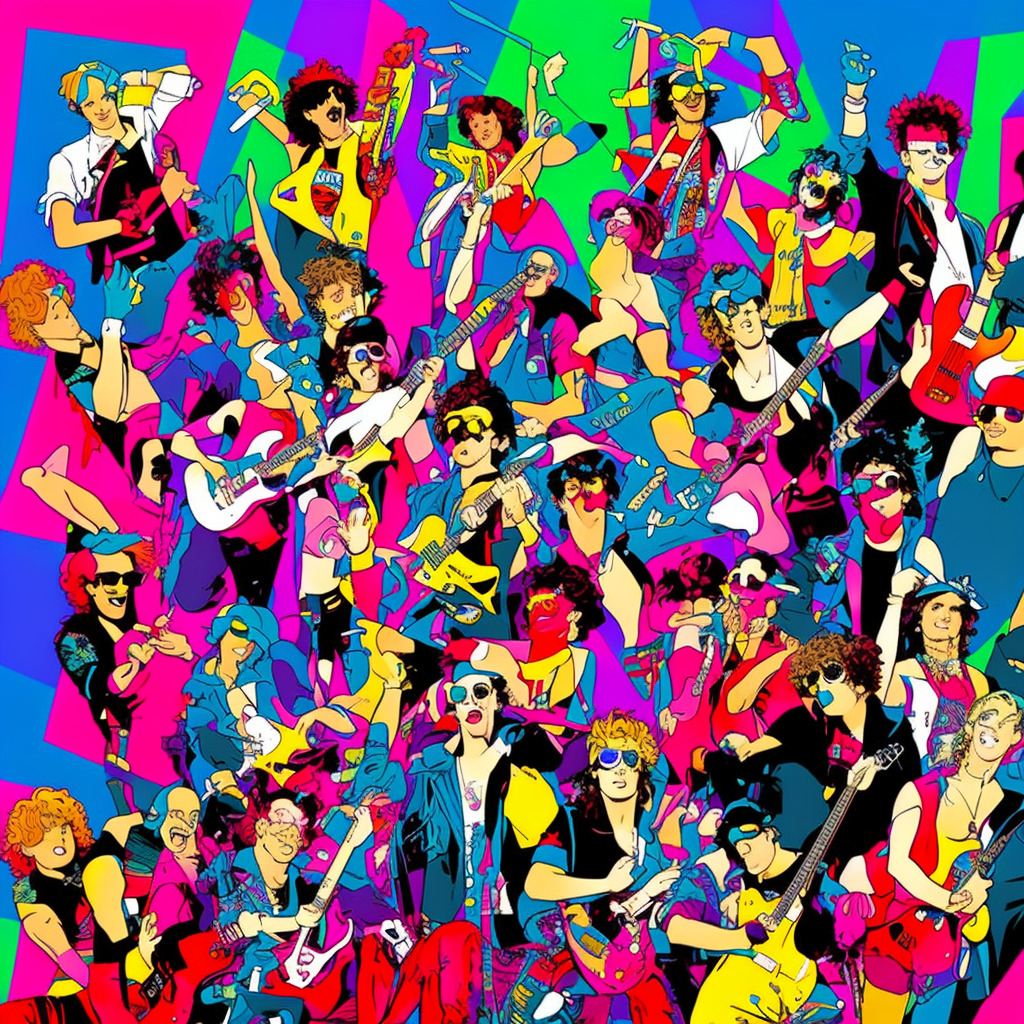🎵Did you know? Elton John & Kiki Dee’s timeless duet “Don’t Go Breaking My Heart” was inspired by Motown hits!💃🕺 Dance to their iconic chemistry in this 1976 classic! #EltonJohn #KikiDee #MotownVibes #MusicTrivia #DontGoBreakingMyHeart 🎶🎹🎤 Read about it: tinyurl.com/26d3jynn
When Two Iconic VoicesJoined Forces
“Elton John and Kiki Dee’s timeless duet, “Don’t Go Breaking My Heart,” captivates with its infectious melody and showcases the legendary artists’ undeniable chemistry and vocal prowess.”

In the summer of 1976, two of the biggest names in the music industry, Elton John and Kiki Dee, teamed up for a duet that charmed music lovers around the globe. Their infectious hit, “Don’t Go Breaking My Heart,” showcased both artists’ vocal abilities and undeniable chemistry.
Elton John, otherwise known as Reginald Kenneth Dwight, is a legendary singer, songwriter, pianist, and composer who has been active since 1962. With over 300 million records sold, he has become one of the best-selling music artists of all time. Elton’s illustrious career is marked by numerous accolades – including five Grammy Awards, a Tony Award, and an Academy Award.
Kiki Dee, born Pauline Matthews, is a talented English singer who first came into the spotlight in the 1960s. She gained international recognition in 1974 with her hit single “I’ve Got the Music in Me”. Notably, Dee was the first British artist to be signed by Tamla Motown, the legendary American record label.
“Don’t Go Breaking My Heart,” written by Elton John and his longtime collaborator Bernie Taupin, was an instant success – clinching the top spot on the UK Singles Chart for six weeks and hitting number one on the US Billboard Hot 100. This playful, catchy tune stands out among the duo’s extensive repertoire and remains a fan favorite to this day. The harmonies and interplay between Elton and Kiki’s voices create a light-hearted energy that captures the spirit of the 70s.
While Elton John’s collaborations with other artists are typically celebrated, some critics argue that he tends to overshadow his partners. Despite Kiki Dee’s undeniable talent, her career didn’t reach the same heights as Elton’s. However, Elton’s international fame could be attributed to his prolific songwriting and collaborations with a multitude of celebrated lyricists, rather than a detriment to his duet partners.
Both artists have continued to create and perform music over the decades. Elton John’s farewell tour, “Farewell Yellow Brick Road,” began in 2018 and is slated to conclude in 2023. Meanwhile, Kiki Dee has continued to tour and released a variety of albums, showcasing her versatility as an artist.
“Don’t Go Breaking My Heart” stands as a testament to the incredible chemistry and talent of both Elton John and Kiki Dee. The song’s enduring popularity and iconic status in the world of pop music is well deserving of its numerous accolades and the artists’ respected positions in the music industry.
Hitting the Charts with a Dueting Delight
Sweeping the globe with its infectious melody, Elton John and Kiki Dee’s timeless duet “Don’t Go Breaking My Heart” dominated charts and captured hearts, earning a Grammy nod and solidifying its place in music history.

“Don’t Go Breaking My Heart” was released on June 21, 1976, as a standalone single from Elton John and Kiki Dee. This duet quickly skyrocketed and captured the hearts of many music lovers around the world. Just two weeks after its release, the song entered the UK Singles Chart on July 3, 1976, at a noteworthy position of 26. It didn’t take long for it to climb higher; by July 24, 1976, the catchy duet reached the number one spot on the UK chart, where it held its ground for six consecutive weeks.
The song didn’t just make waves in the UK; it also crossed over to the United States, where it mirrored its UK success. “Don’t Go Breaking My Heart” made its debut on the Billboard Hot 100 chart at number 69 on July 10, 1976. The song’s infectious melody and catchy chorus allowed it to ascend the chart rapidly, and by August 7, 1976, it reached the coveted number one position. Elton John and Kiki Dee’s duet remained at the top of the Billboard Hot 100 for four weeks, making it a significant milestone for both artists’ careers.
In addition to its success on the UK Singles Chart and the Billboard Hot 100, “Don’t Go Breaking My Heart” also made an impact on various other charts globally. In Canada, the song claimed the number one spot on the RPM 100 Singles chart for five consecutive weeks. It also climbed to the top of the charts in Australia, Belgium, Ireland, Italy, New Zealand, and Sweden, making it a true international hit.
Not only was “Don’t Go Breaking My Heart” a chart-topping success, but it also received recognition when it was nominated for Best Pop Vocal Performance by a Duo or Group at the 19th Annual Grammy Awards in 1977. Although it didn’t take home the trophy, being nominated for such a prestigious accolade is a testament to the song’s powerful impact on the music world during its time.
While other chart trivia may come and go, one thing is certain – the powerful combination of Elton John and Kiki Dee created a timeless classic with “Don’t Go Breaking My Heart.” Its impressive chart performance and recognition are a true testament to the song’s enduring appeal and the artists’ incredible talents.
Unraveling the Heartfelt Lyrics
Don’t go breaking my heart
I couldn’t if I tried
Honey if I get restless
Baby you’re not that kind
Don’t go breaking my heart
You take the weight off me
Honey when you knock on my door
I gave you my key
Nobody knows it
When I was down
I was your clown
Nobody knows it
Right from the start
I gave you my heart
I gave you my heart
So don’t go breaking my heart
I won’t go breaking your heart
Don’t go breaking my heart
In 1976, Elton John and Kiki Dee released the unforgettable duet “Don’t Go Breaking My Heart,” with lyrics that continue to resonate with listeners even today. The song’s meaning lies in the delicate balance of love and trust between two people, asserting the need for commitment and mutual support amidst the ever-changing nature of relationships.
The era in which this song was written was marked by economic and political turmoil, as well as significant shifts in social attitudes. The late 1970s bore witness to global events such as the Cold War, the rise in popularity of disco music, and the emergence of new social movements. Amidst these changes, the song serves as a reminder that, despite the challenges of the time, love and connection with others remained a constant source of support and hope for many.
The lyrics emphasize the importance of trust and loyalty, as both singers promise not to break each other’s hearts. They mention feeling “restless” and being “down,” signifying that even in the darkest moments of life, they can rely on each other for comfort and reassurance. This poignant message resonates with people of all generations, as the emotions portrayed in the song are truly timeless.
“Don’t Go Breaking My Heart” captures the essence of love’s vulnerability while also celebrating the joy and strength it brings, making it an enduring classic with a powerful message that still holds true today.
The Visual Marvel of “Don’t Go Breaking My Heart”
One liner: A nostalgic journey through a simpler era, Elton John & Kiki Dee’s “Don’t Go Breaking My Heart” music video delivers playful chemistry and timeless charm.
The music video for “Don’t Go Breaking My Heart” by Elton John & Kiki Dee transported viewers to a simpler time. Directed by Mike Mansfield, the video showcased the artists’ playful and theatrical sides, which perfectly complemented the catchy tune. Mansfield, a notable British television producer, and director, had an illustrious career, working with a wide variety of musicians, including Queen, David Bowie, and The Who.
The production details of the music video reflected the typical format of the era, with a focus on performance and the artists themselves. The setting was a modest studio environment, which allowed John and Dee to engage with each other and the camera, creating an intimate and captivating experience for the viewer. The budget for the video was relatively low, as the video did not rely on elaborate sets, costumes, or special effects. However, the artistic approach, centered around the chemistry between the two artists, made the video highly memorable and effective.
In the video, Elton John, adorned in his signature flamboyant glasses and attire, played the piano and harmonized with Kiki Dee, who was dressed in a matching outfit. As they sang, they danced and interacted with each other in a playful and genuine manner, which perfectly captured the essence of the song. The use of close-ups and medium shots throughout the video allowed the viewer to feel connected to the artists and their emotions.
The music video for “Don’t Go Breaking My Heart” remains a classic piece of visual art from the 1970s, and it continues to entertain and charm audiences today. Over the years, it has also inspired numerous fan videos and YouTube tributes, speaking to the enduring impact and appeal of this delightful collaboration between Elton John and Kiki Dee.
The Genius Behind the Melodies: Bernie Taupin
Bernie Taupin, the talented lyricist responsible for penning “Don’t Go Breaking My Heart,” is an integral part of the longstanding musical partnership with Elton John. This English songwriter has composed lyrics for numerous memorable songs that have become the backbone of the John’s illustrious discography. Taupin’s impressive work includes chart-topping hits like “Your Song,” “Tiny Dancer,” “Rocket Man,” and “Candle in the Wind.” With a career spanning over five decades, Taupin has proven time and again that his gift for storytelling and crafting emotionally resonant lyrics is truly unparalleled in the music industry.
Accolades, Appearances, and Cover Versions
From smashing charts to gracing film soundtracks, TV shows, and video games, “Don’t Go Breaking My Heart” remains a timeless classic, inspiring countless cover renditions and captivating generations of listeners.

“Don’t Go Breaking My Heart” by Elton John and Kiki Dee has received numerous awards and accolades throughout the years, cementing its status as a timeless classic. In 1976, the track reached number one on both the UK Singles Chart and the US Billboard Hot 100. It also earned a nomination for a Grammy Award for Best Pop Performance by a Duo or Group with Vocals in the same year. The immense success of this memorable duet turned it into a staple in pop culture, earning it appearances in various television shows, movies, and video games.
The song’s lively, feel-good spirit has led to its inclusion in many film soundtracks, such as the 1994 dramedy “Four Weddings and a Funeral,” 2006’s animated “Chicken Little,” and the 2018 romantic comedy “Book Club.” Television fans may recognize the tune from the shows “Glee,” “Family Guy,” and “The Graham Norton Show,” where it has been performed or played multiple times. In addition, the duet has made its way into video game territory, with its inclusion in “SingStar” – a competitive karaoke game for the PlayStation 2.
The catchy melody and sweet lyrics of “Don’t Go Breaking My Heart” have led to various cover versions by different artists over the years. One notable rendition comes from R&B duo Bitty McLean and Sylvie Trench in 1994, which peaked at number 92 on the UK Singles Chart. In 1999, actor Anne Hathaway and singer Jesse McCartney performed a cover for the Disney Channel movie “Ella Enchanted.” A more recent cover came in 2018, when music icon Christina Aguilera joined forces with Jimmy Fallon on “The Tonight Show” to perform a playful acoustic version of the song.
Overall, the widespread acclaim and enduring charm of “Don’t Go Breaking My Heart” by Elton John and Kiki Dee have ensured its place in the annals of pop music history. Its presence in various forms of media and numerous cover renditions only serve to solidify the song’s impact on generations of listeners.
Breaking Down the Musical Structure
“Dont’ Go Breaking My Heart” is a fascinating piece of musical artistry that demonstrates the prowess of Elton John and Kiki Dee. The song is composed in the key of D major, and its melody revolves around the chords D, G, A, and Bm. The chord progression follows a pattern of D-G-A-D-Bm-G-A, which is fairly typical for a pop song, but the way that the chords are used creates a sense of movement and excitement throughout the track.
The tempo of the song is set at a brisk 130 beats per minute, giving it an upbeat, danceable feel. The rhythmic structure is primarily based on a standard 4/4 time signature, with each chord change occurring on the downbeat of each measure. The drums provide a steady backbeat, with the snare hitting on the second and fourth beats of each measure, contributing to the overall infectious groove.
One of the most interesting aspects of the song’s musical structure is the use of harmony. Elton John and Kiki Dee’s voices blend together seamlessly, and their harmonies are highlighted in the chorus, where both singers join forces to belt out the title phrase. As the song progresses, the harmonies become more intricate, with the two vocalists weaving in and out of each other’s melodic lines, creating a sense of playful tension that adds depth and complexity to the track.
The instrumentation also plays a significant role in the song’s appeal, with the piano and electric guitar providing melodic and rhythmic support throughout. The piano is particularly prominent, with Elton John’s signature style adding flair and energy to the song. The electric guitar, played by Davey Johnstone, features catchy riffs and fills that punctuate the vocal lines, reinforcing the song’s hook and adding to its earworm quality.
Overall, “Don’t Go Breaking My Heart” is a masterclass in pop music composition, with its catchy melody, driving rhythm, and creative use of harmony and instrumentation. The song’s musical structure is both accessible and engaging, making it no surprise that it has endured as a classic hit for over four decades.







